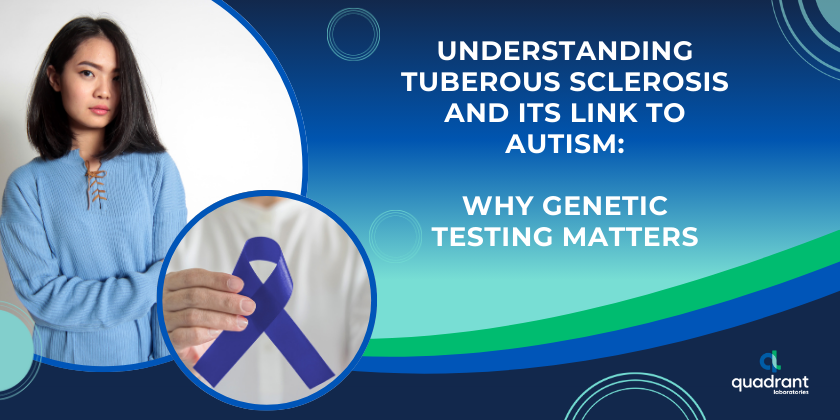
How to Know if Your Child Has Fragile X Syndrome
Fragile X syndrome is a genetic disorder affecting approximately 1 in 4,000 males and 1 in 8,000 females [1,2]. Symptoms can be exhibited both physically and intellectually, though intellectual or behavioral attributes are typically more apparent earlier on.
The American Academy of Pediatrics (AAP) recommends that any child who presents with developmental delay, borderline intellectual abilities, or a diagnosis of autism without a specific etiology should undergo molecular testing for fragile X syndrome.
Behavioral and Intellectual Signs
By the time a child is two years old, they usually have signs of delayed speech and language development. Around one-third of affected females with fragile X syndrome have intellectual disabilities. Most males with fragile X syndrome have mild to moderate intellectual disabilities. Also common in children with FXS are anxiety, hyperactivity, and attention deficit disorder (ADD). About one-third of individuals with fragile X syndrome have features of autism. Seizures can also be an indication in about 15 percent of males and about 5 percent of females with fragile X syndrome.
Physical Characteristics
Most males and about half of females with fragile X syndrome have physical features that become more apparent with age. Typical characteristics include a long and narrow face, large ears, a prominent jaw and forehead, unusually flexible fingers, flat feet, and in males, enlarged testicles (macroorchidism) after puberty.[3]
Testing for Fragile X Syndrome
Quadrant Laboratories offers an oral saliva swab test for FXS that can provide critical information to parents seeking answers. Children with intellectual or developmental delays, and/or autism should be tested, especially if they have any physical or behavioral characteristics of fragile x syndrome.
Learn more about how to access the Quadrant Laboratories fragile x test here.
References:
- NIH National Library of Medicine Fragile X Syndrome https://www.ncbi.nlm.nih.gov/books/NBK459243/
- Webb, T. (1989). The epidemiology
- CDC https://www.cdc.gov/ncbddd/fxs/



